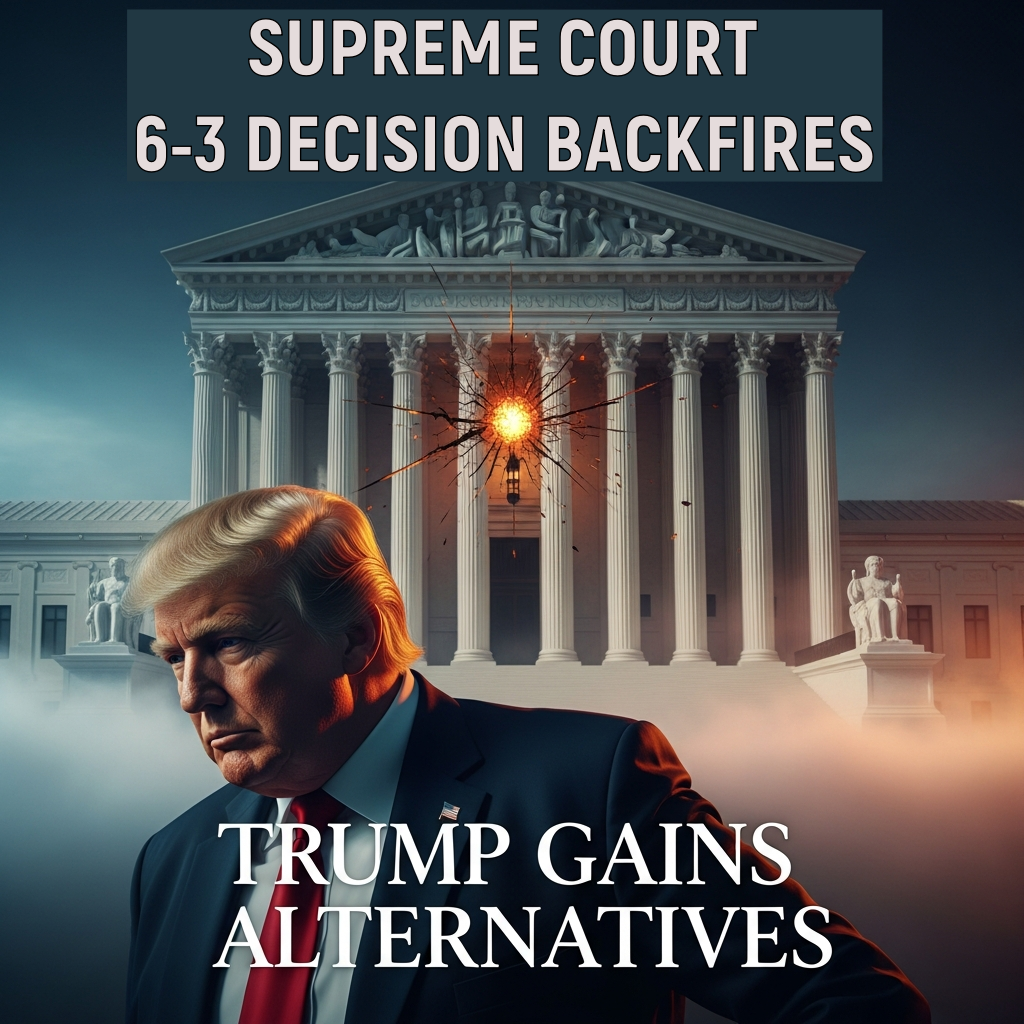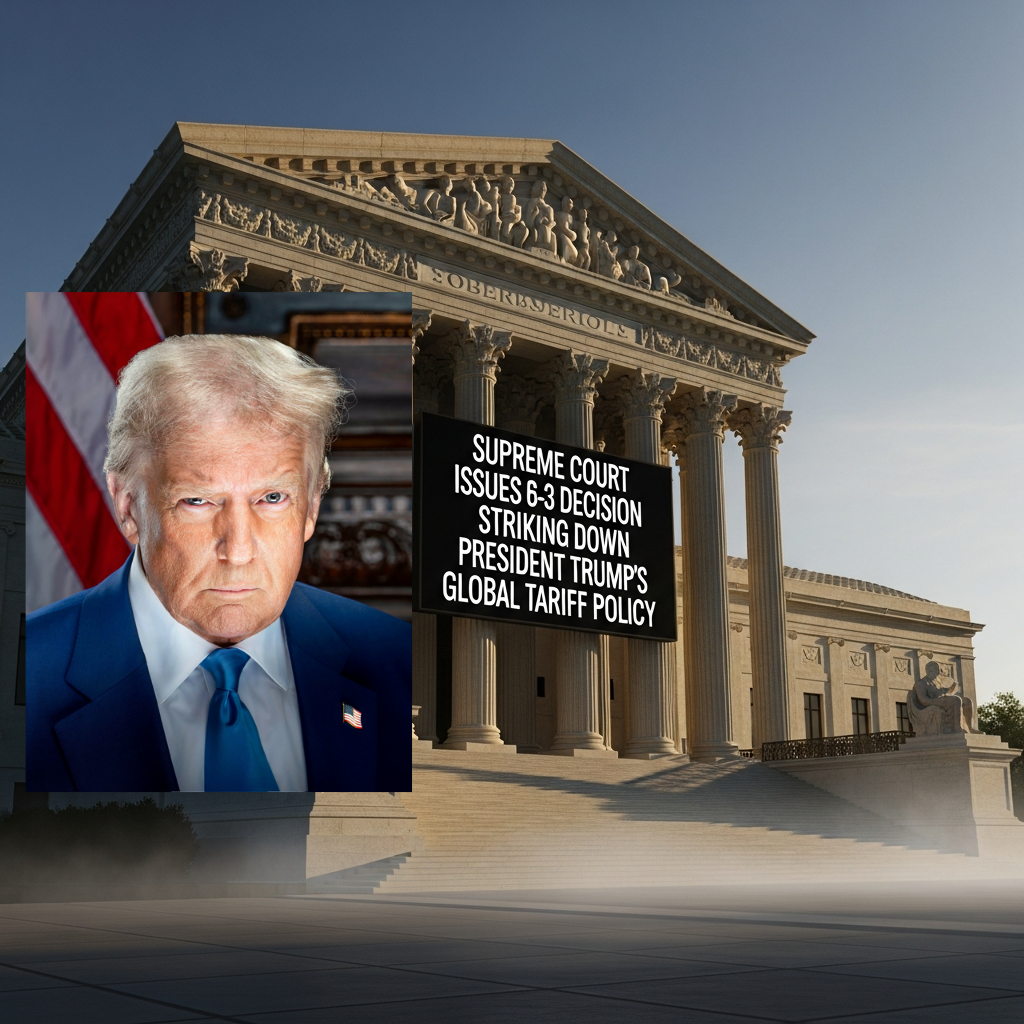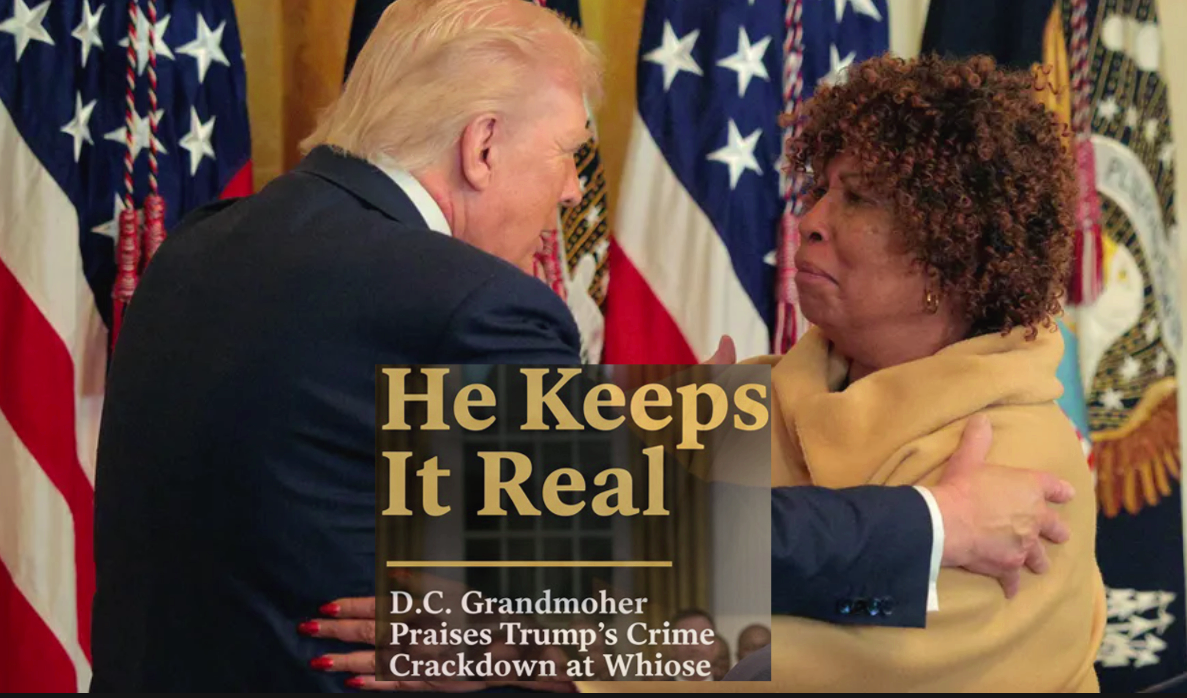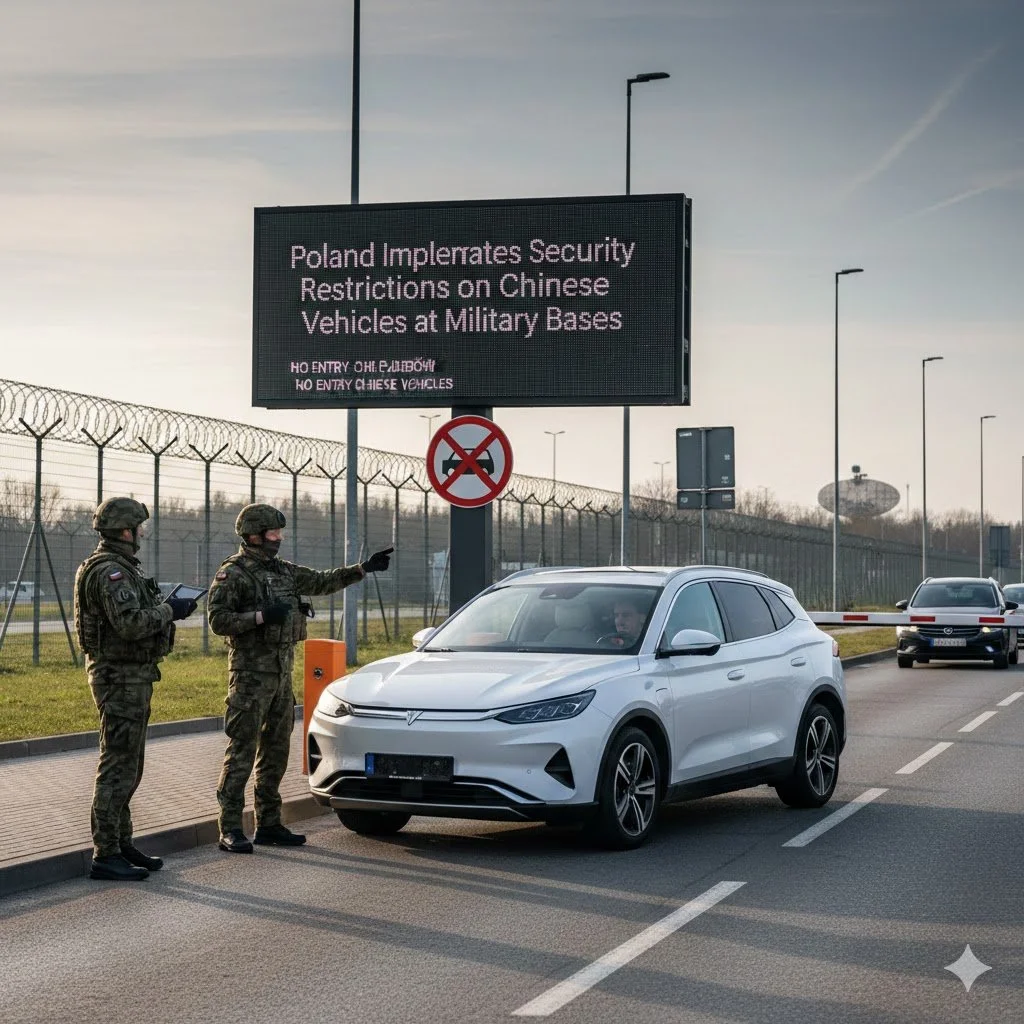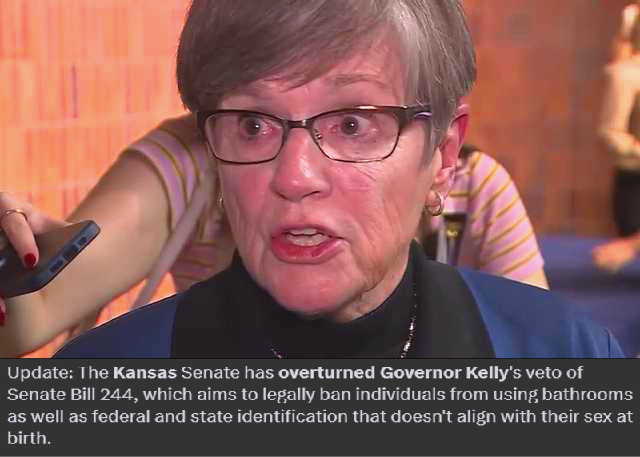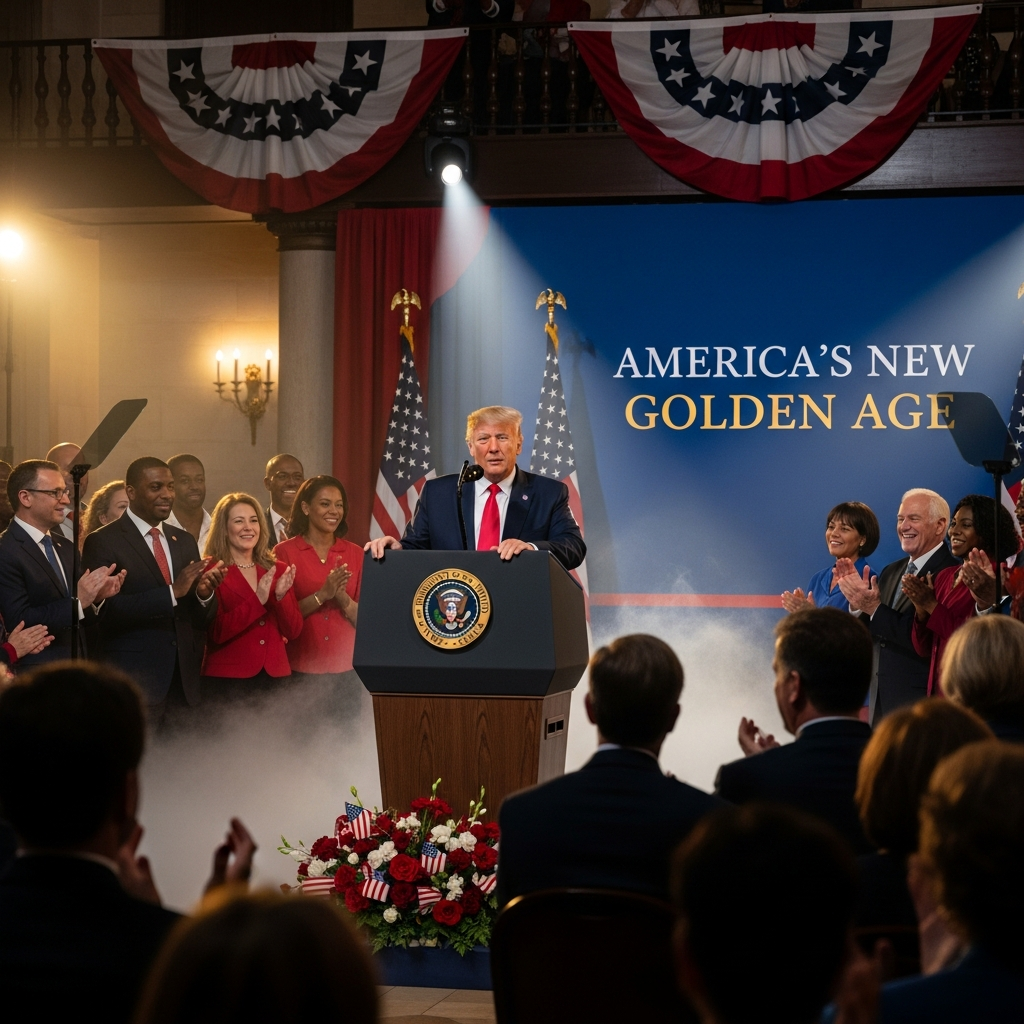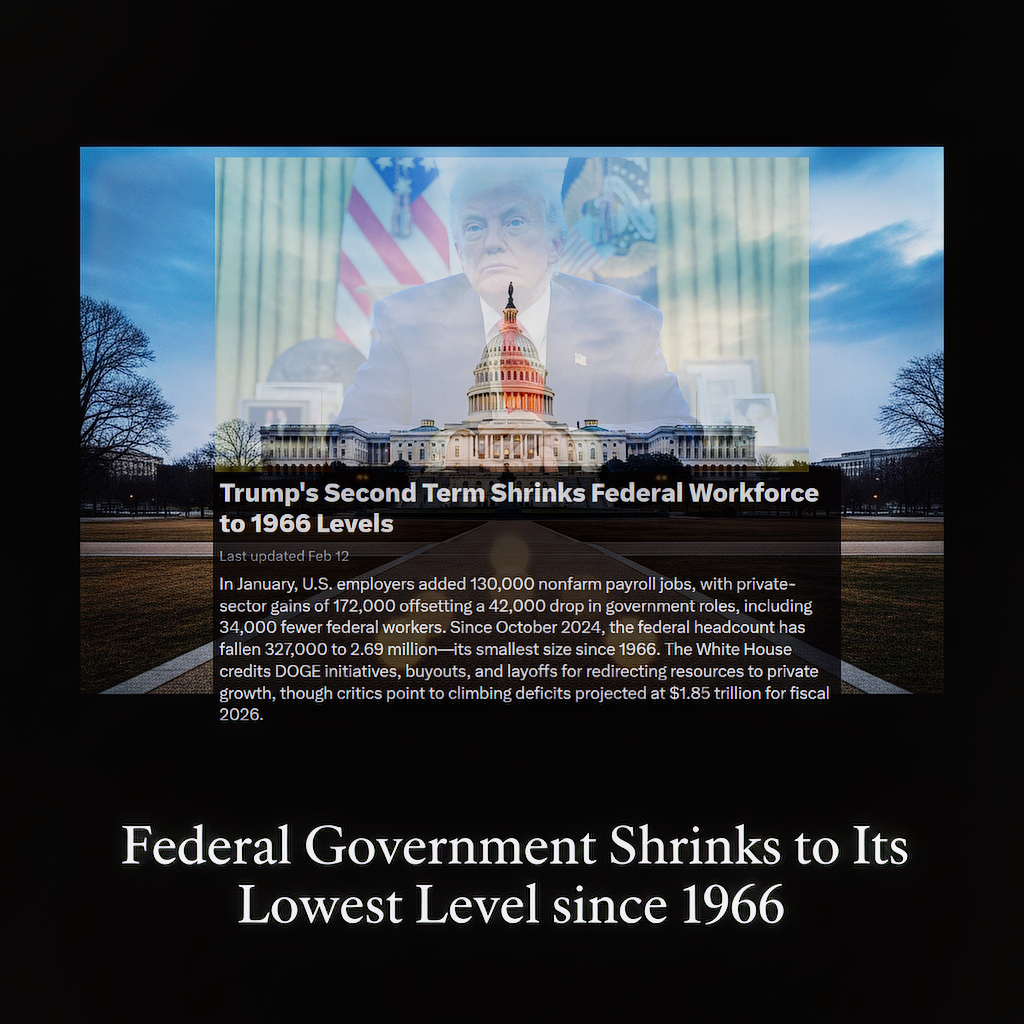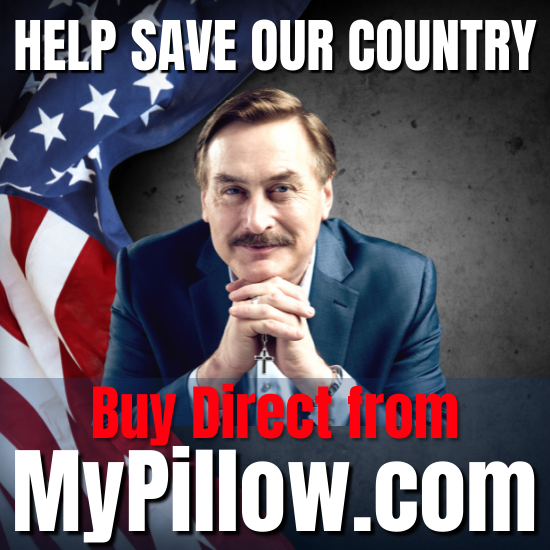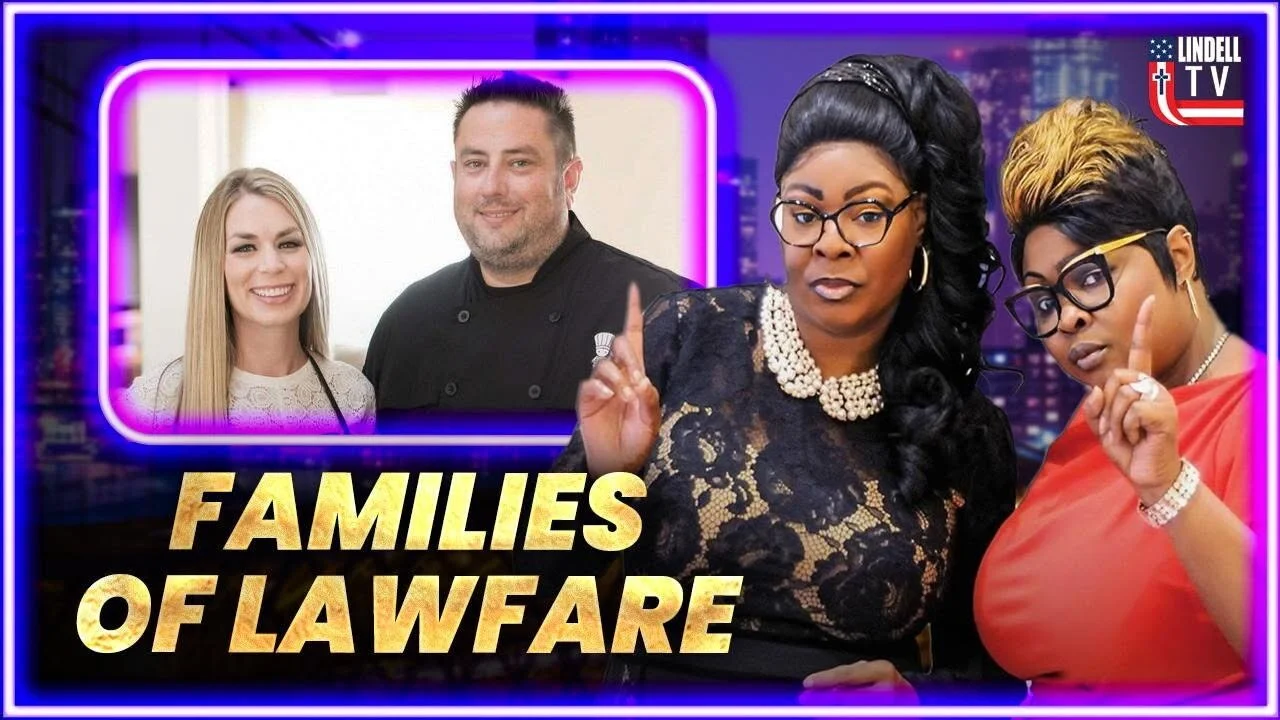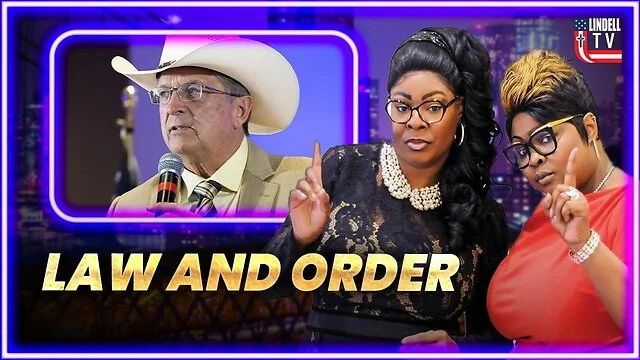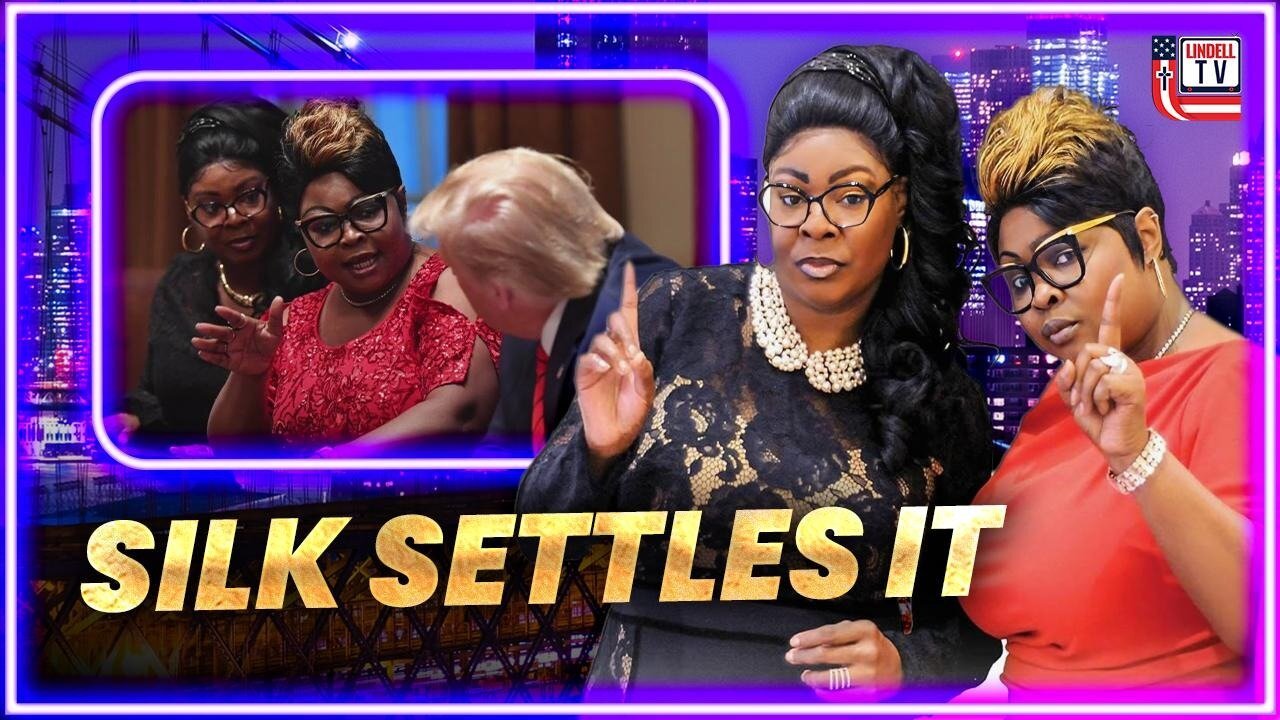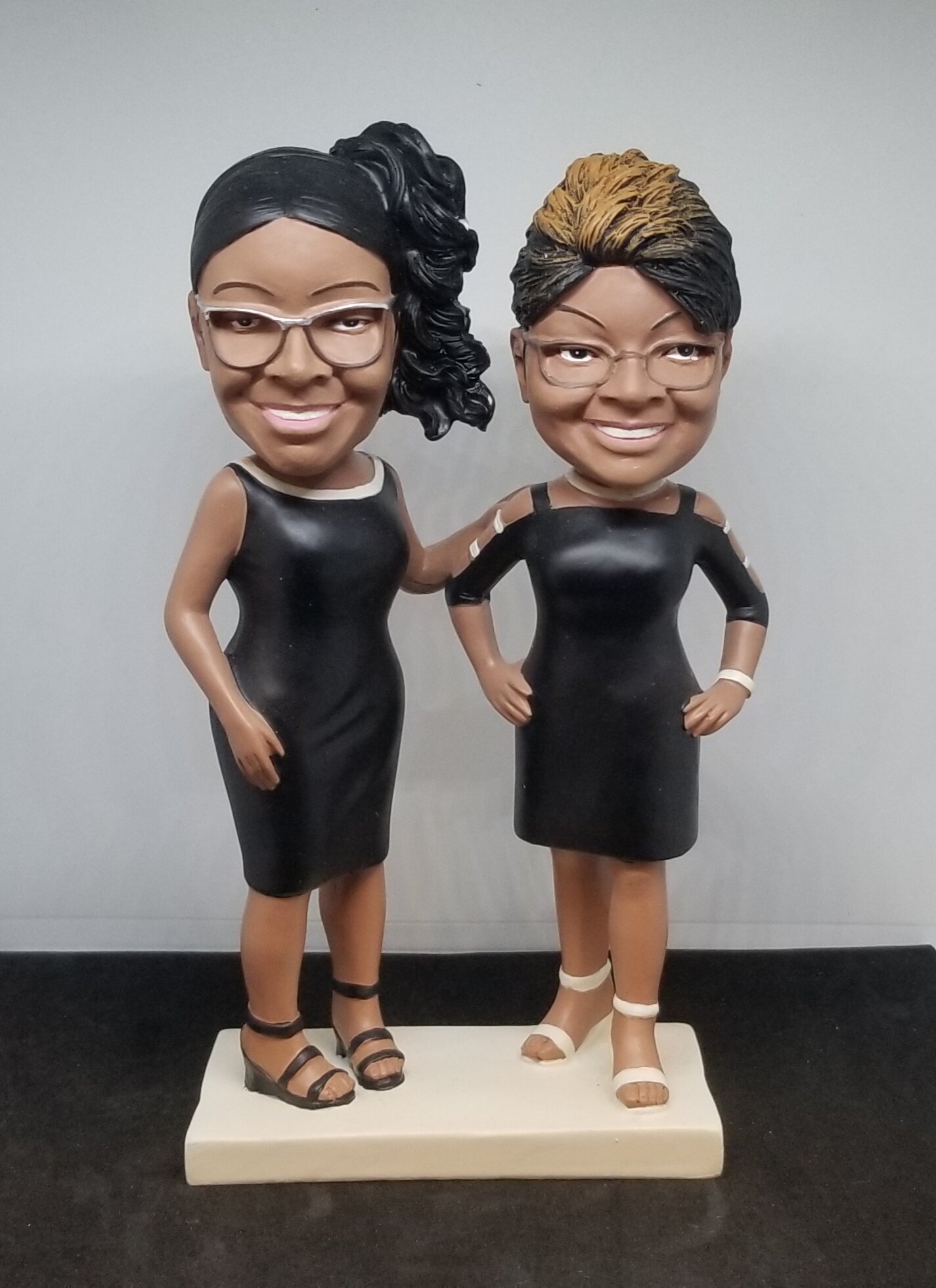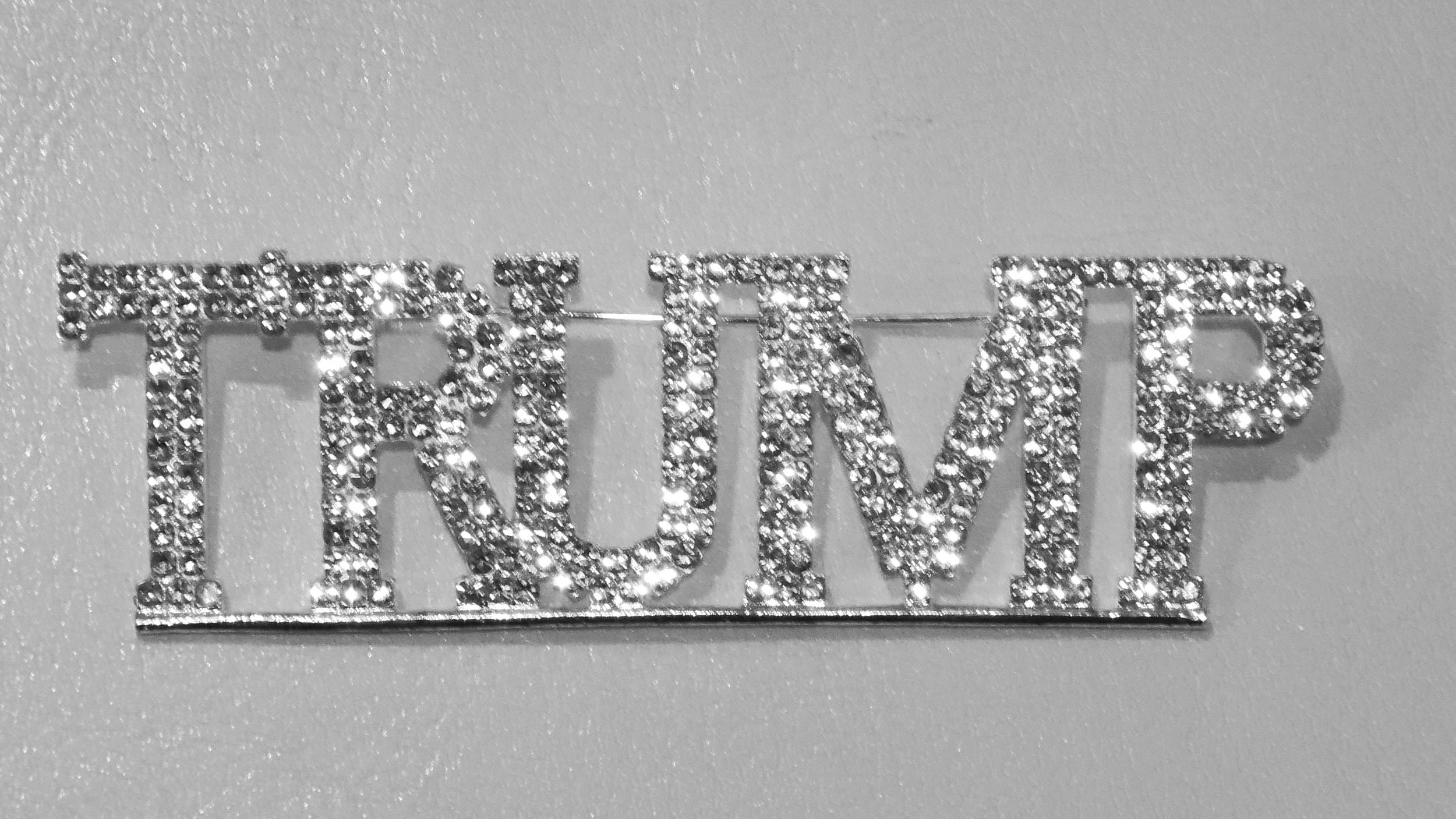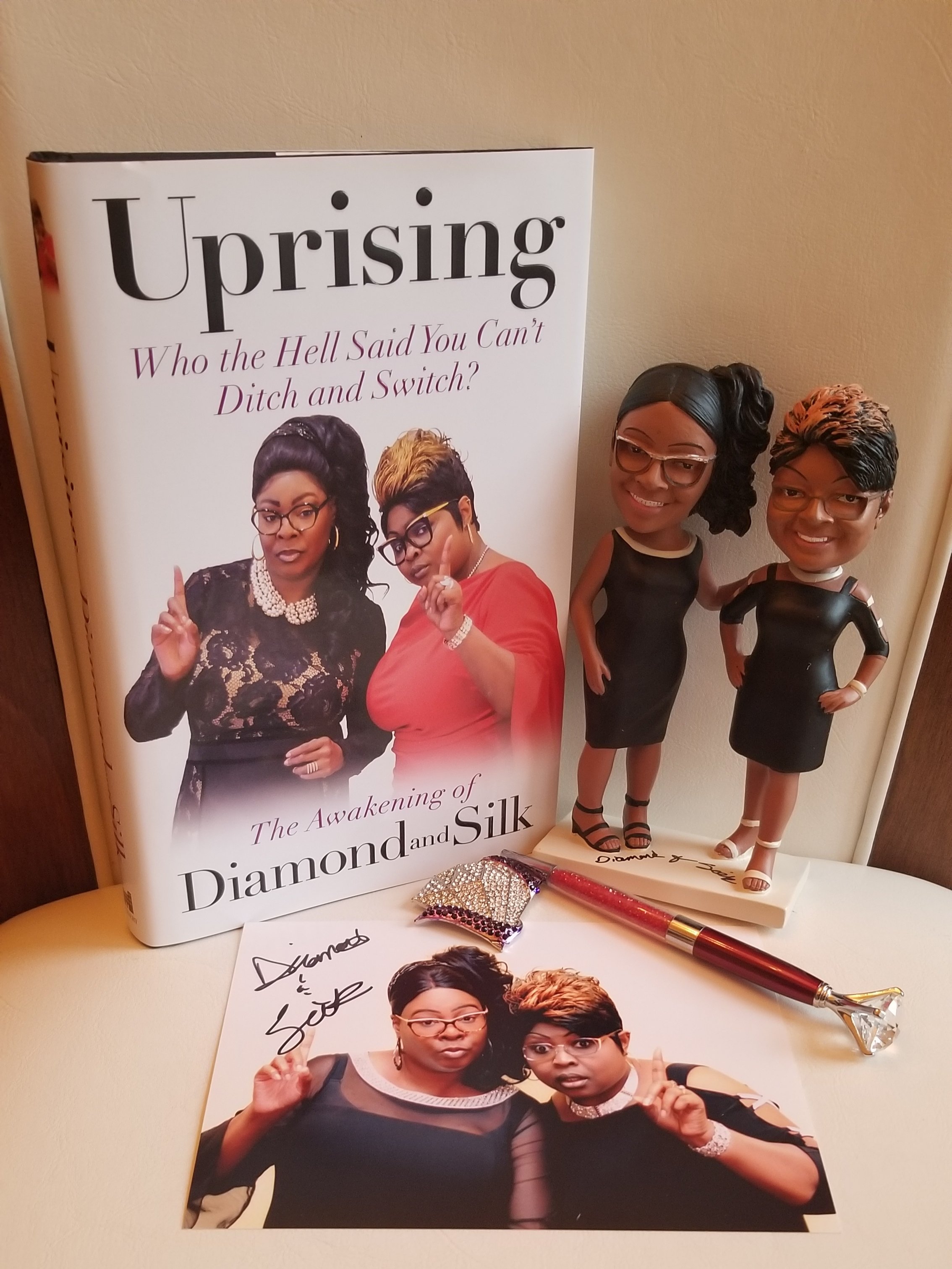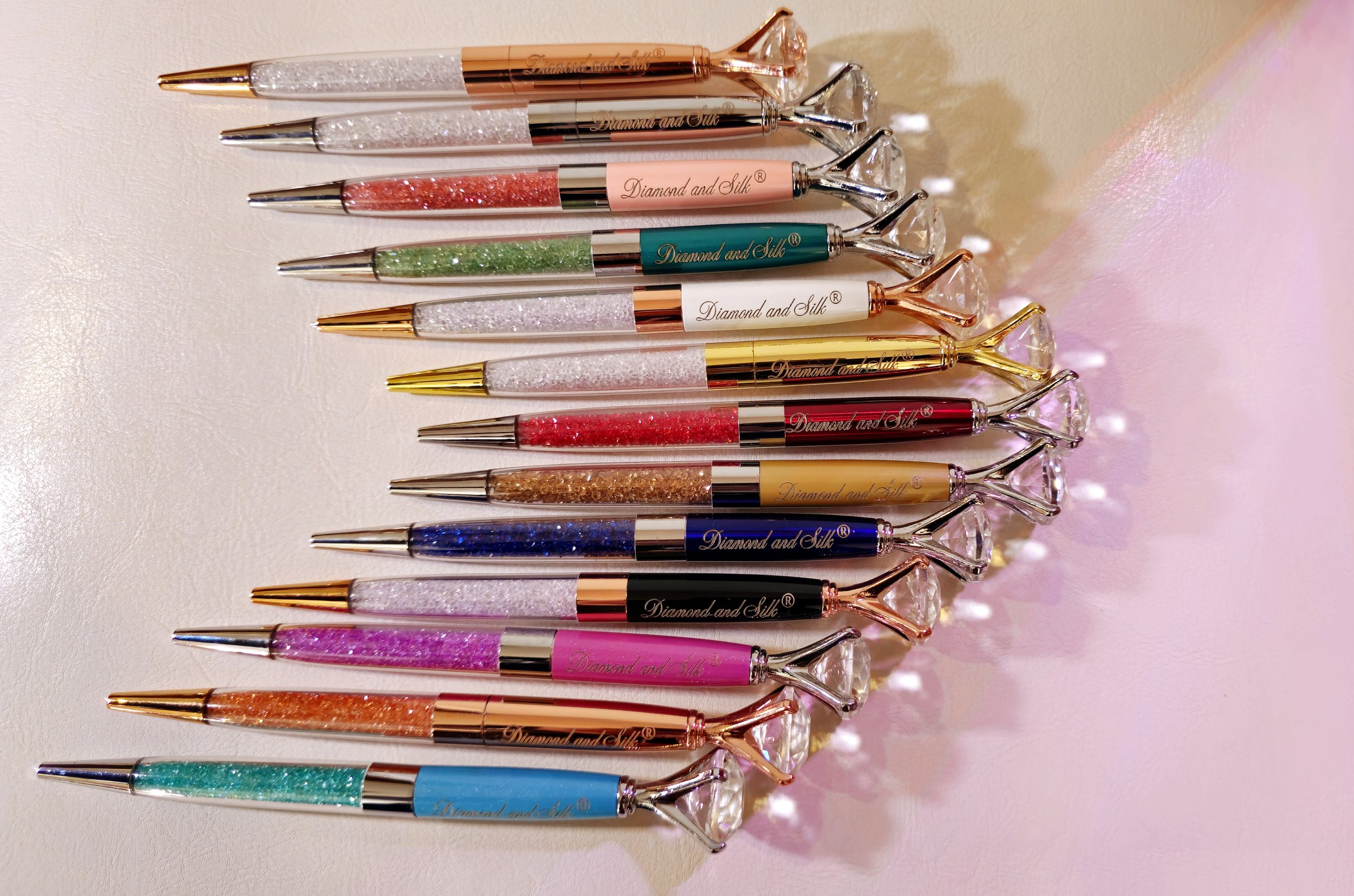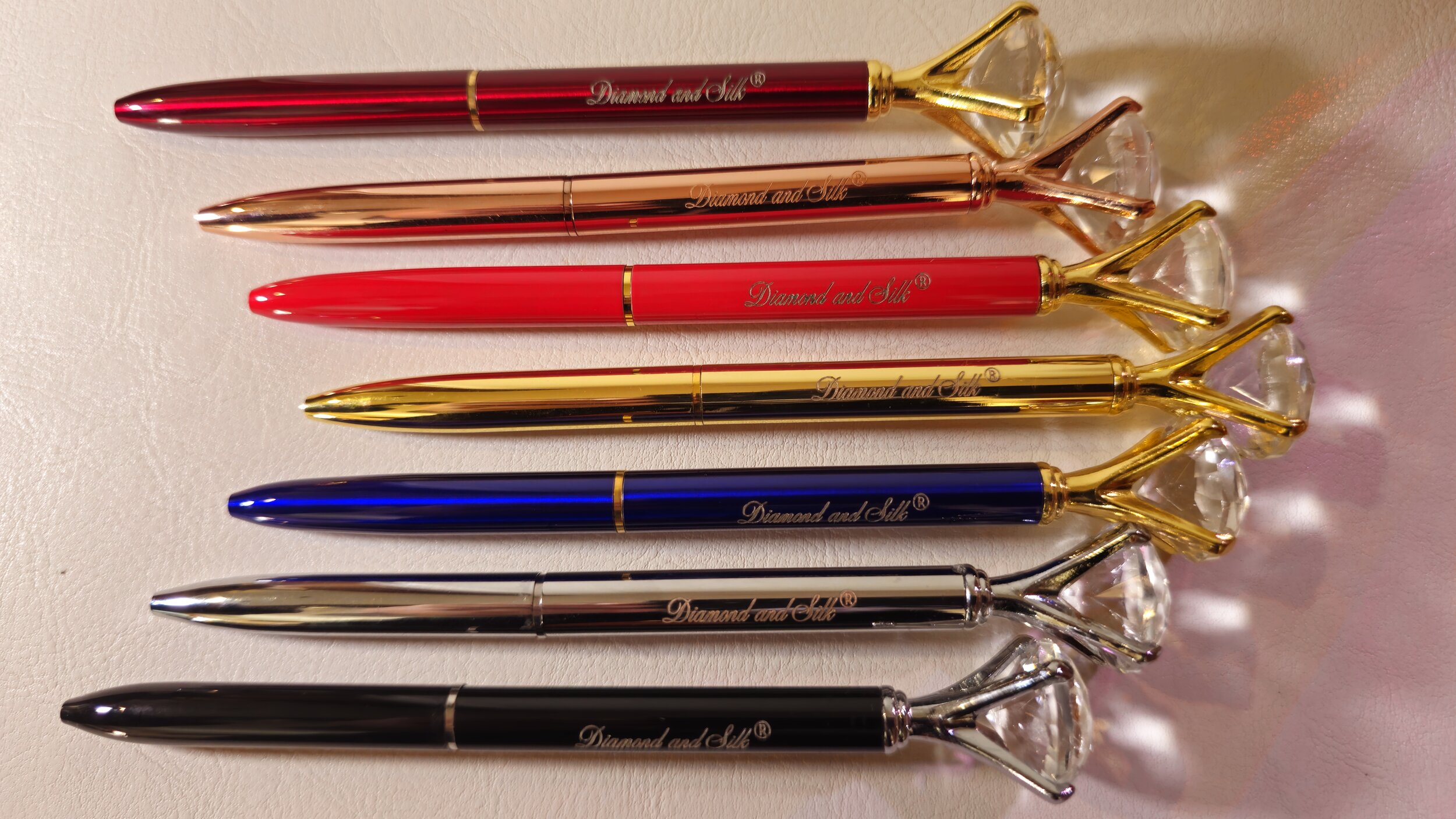President Trump Announces Pfizer $70 Billion Deal to Lower Prescription Drug Costs
By The Blog Source
On Tuesday, President Trump announced a $70 billion agreement with Pfizer to bring production back to the US and reduce the cost of prescription drugs. Pfizer will reshore key production sites and sell drugs at "most favored nation" pricing, which is comparable to what other nations pay. For American patients: a $70 billion deal with Pfizer that will bring significant pharmaceutical production back home and reduce the cost of prescription medications.
According to Trump, the agreement represents a major victory in his Make America Healthy Again campaign and carries out his promise to "end global price gouging at the expense of American families." "A historic day," according to Pfizer CEO Albert Bourla, the deal ends years of unfair pricing in which American patients "assumed disproportionate costs" in comparison to those in other wealthy countries.
By funding new U.S. production facilities, the $70 billion investment will reduce reliance on overseas pharmaceutical supply chains and create jobs. Trump warned that businesses that refuse to participate may be subject to tariffs and stated that similar agreements are being negotiated with other significant pharmaceutical corporations.
Trump stated from the White House that Pfizer has committed to selling all new drugs at "most favored nation" prices, which means that Americans will not pay more than people in other nations. At the expense of American households, Trump declared, "We're ending the era of global price gouging." "The United States has stopped funding healthcare in other countries."
As part of the deal, Pfizer will also spend billions to reshore its manufacturing facilities and offer a number of its current products at significantly reduced prices. Calling the decision a major win for American workers, Trump said, "They're going to make it in the United States." "I appreciate that."
For years, other wealthy countries refused to contribute fairly to medical advancement, according to Pfizer CEO Albert Bourla, who called the announcement "a historic day." Today, this is going to change. Noting that "the big winner of this deal clearly will be the American patient—and American innovation," Bourla went on to say that the accord satisfies "all four of the president's requests."
Trump also disclosed that comparable talks are in progress with other significant pharmaceutical companies. Trump declared, "They're all coming in over the next week." "We will tariff them an additional five, six, seven, or eight percent if we are unable to reach an agreement."
With the goal of reducing reliance on foreign sources and giving domestic affordability priority, the action marks a dramatic change in U.S. pharmaceutical policy. While paying significantly less for the same medications, nations with socialized healthcare systems have relied on American innovation for decades. According to the Trump administration, this disparity made it necessary for American consumers to pay for international medical research and development.
To join the Diamond and Silk Monthly Supporter Program, visit http://SupportDiamondandSilk.com.
Lindell TV, VOCL, ChatDit, Rumble, TruthSocial, and Diamond and Silk Media are all excellent ways to stay connected with Diamond and Silk.







